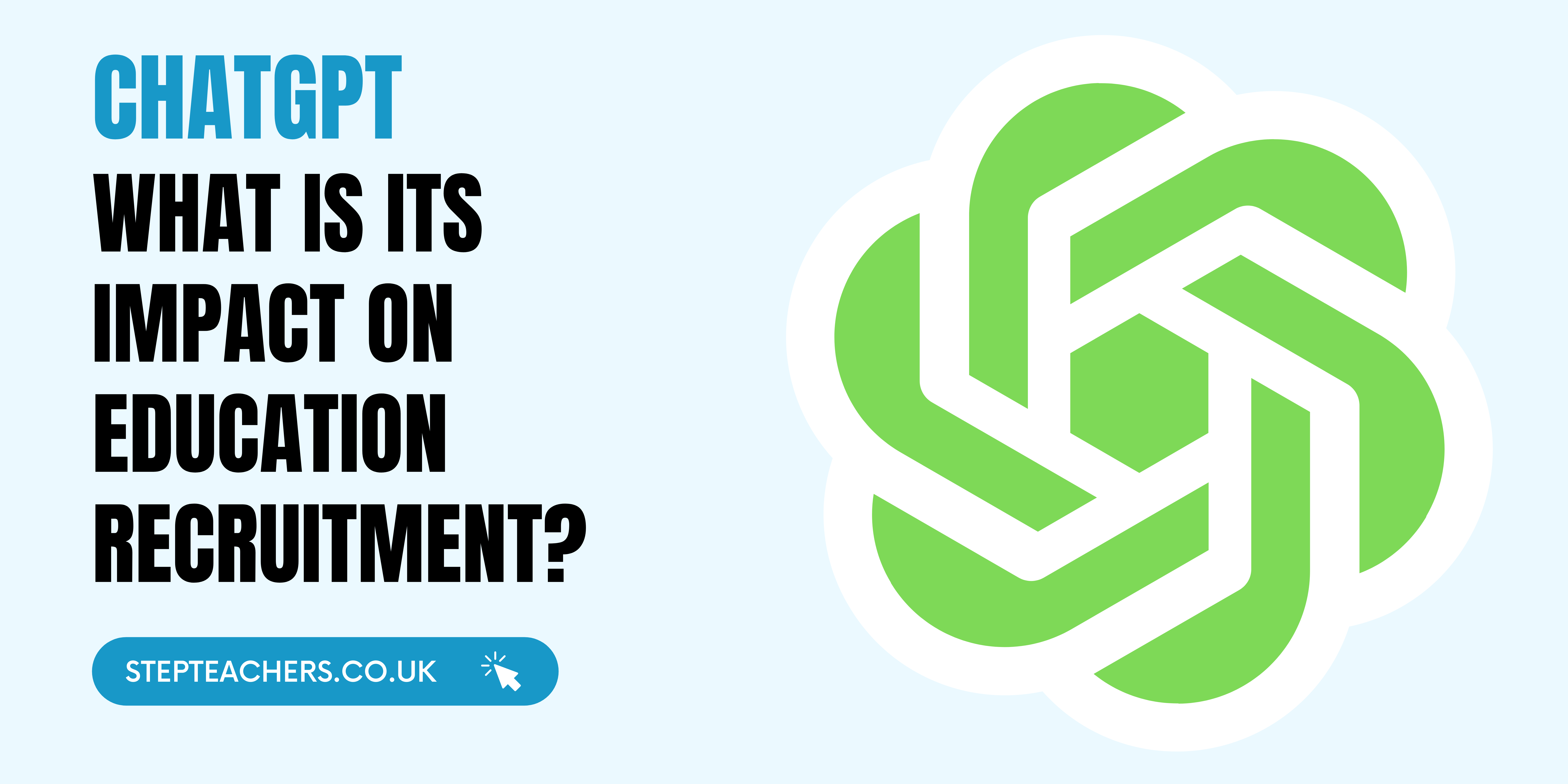CHATGPT seems to have taken the world by storm. One can’t open a Facebook reel without someone claiming it is the solution to all one’s ills. Those more pessimistic inclined fear its impact on making any marketeer and content writer unemployed. Even among ‘us’ moderates, many have expressed fears that ChatGPT will mark the end of recruitment as we know it. In this blog, we will delve into the potential implications of ChatGPT on education recruitment and evaluate the validity of these fears.
First, let's start by understanding what ChatGPT is. ChatGPT is a large language model developed by OpenAI that uses deep learning algorithms to generate human-like responses to text-based prompts. ChatGPT has the ability to understand and process vast amounts of text data, making it a powerful tool for various applications, including language translation, chatbots, and more.
In terms of education recruitment, ChatGPT can be used to automate certain aspects of the recruitment process, such as screening and shortlisting candidates. This can save recruiters (like us at Step Teachers) time and resources, allowing focus on other important tasks. Additionally, ChatGPT can provide insights into the language and communication skills of potential candidates, helping recruiters make more informed hiring decisions.
However, some fear that ChatGPT will completely replace human recruiters and result in a lack of human interaction in the recruitment process. This could have negative implications for candidates who may feel less valued or have a difficult time navigating the recruitment process without human interaction. Additionally, and perhaps unexpectedly given the perception that AI doesn’t suffer from human discrimination, there is concern that ChatGPT may perpetuate biases that are present in the data it is trained on, leading to discriminatory hiring practices.
While these fears are valid, it's important to note that ChatGPT is not intended to replace human recruiters. Instead, it should be viewed as a tool that can assist recruiters in their jobs. ChatGPT can automate certain tasks, freeing up time for recruiters to focus on other essential aspects of the recruitment process, such as building relationships with candidates and assessing whether they are suitable for the role/school.
Furthermore, it's essential to acknowledge that AI technologies like ChatGPT have the potential to reduce bias in the recruitment process. By using machine learning algorithms to analyse language and communication patterns, ChatGPT can identify and flag discriminatory language or discriminatory practices. This can help ensure that the recruitment process is fair and inclusive for all candidates.
While ChatGPT has the potential to revolutionise the education recruitment sector, it is unlikely to mark the end of recruitment as we know it. Instead, it should be viewed as a tool that can assist human recruiters in their jobs and help reduce bias in the recruitment process. As with any new technology, there may be challenges and concerns to address, however with responsible use and continued innovation, ChatGPT can ultimately benefit both recruiters and candidates in the education sector.
So where does this leave Step Teachers? Well as an independent family-run agency, we’ve built our company on the real, meaningful. and lasting relationships we have we our candidates and schools. Indeed, our recruitment model is based on ‘word of mouth’. That’s to say one happy customer recommend us to their friends. Although we need to remain current and offer people the automated and digital services they have now become accustomed to, we do not see this as replacing a personal, human approach to providing schools with the teaching and support staff they need.
Back to Blogs
.png)





.png)
.png)
.jpeg)